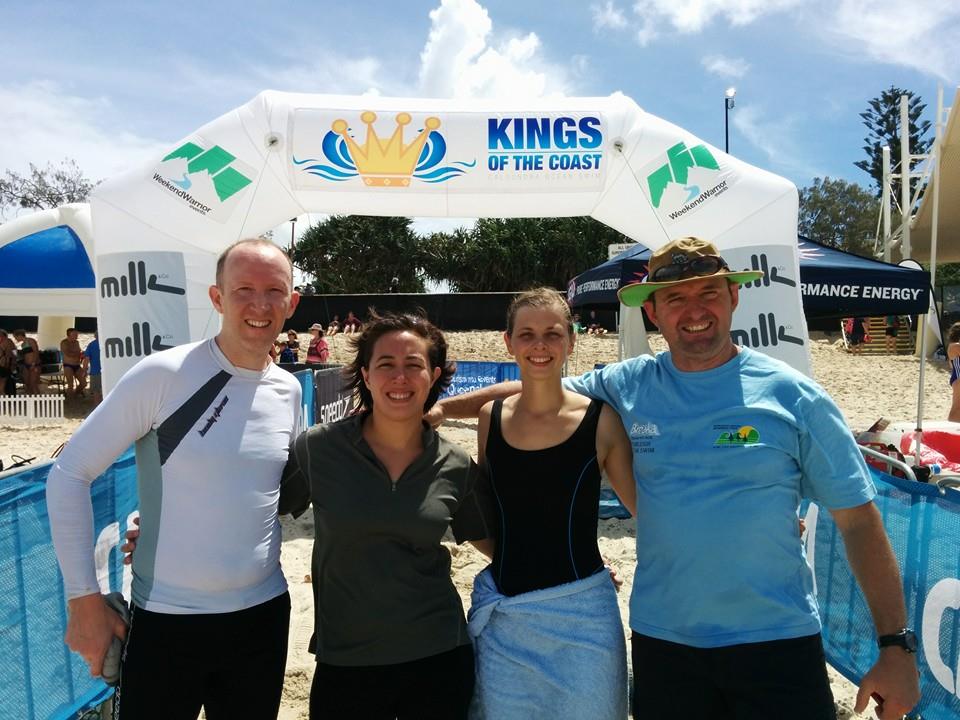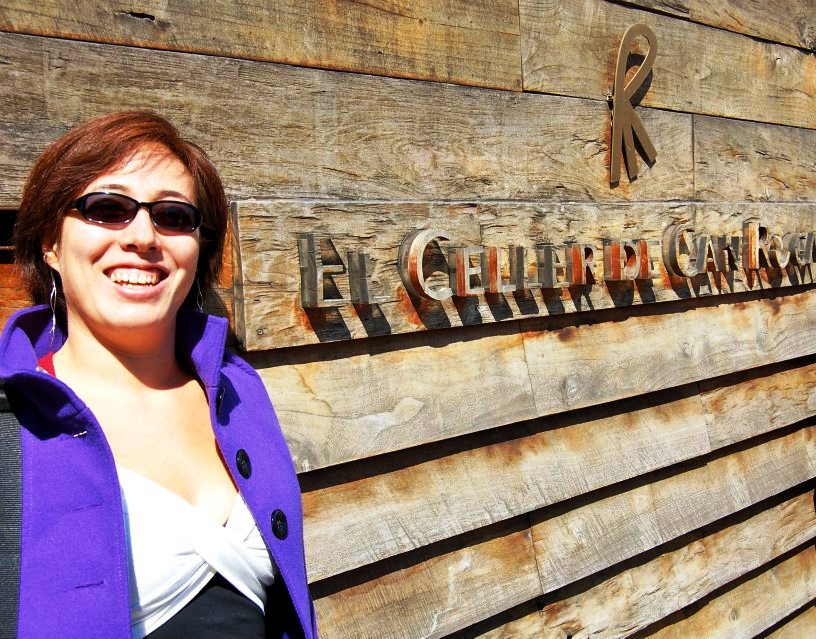Whether it’s sourdough, seeded rye, gluten-free or plain old white, there’s nothing like tucking into a fresh slice of bread. And it’s little wonder this age-old staple tastes so good – experts have been perfecting the art of bread making for thousands of years.
If we had to name who’s involved in bread making, most of us would probably identify the baker, the farmer who grows the wheat and maybe even the miller who grinds the wheat into flour. But how many people would think of the humble statistician? Dr Emma Huang would – and she’s eager to prove their worth in the process.

Statistical genius Emma Huang (second from left) is crunching the numbers for a better loaf of bread.
Emma is a statistical geneticist working with our Computational Informatics and Food Futures teams. She spends her days searching through thousands of genes for the few that affect yield and disease resistance in wheat.
By understanding the complex genetics of cultivated plants like wheat, Emma is helping farmers select the best crop varieties needed to produce the perfect loaf of bread.
“The impact of statistics in bread making starts well before preheating the oven. Statisticians are crucial in implementing efficient experimental design to compare different varieties of wheat for desirable characteristics,” says Emma.
After completing a Bachelor of Science in Mathematics at Caltech and a Doctor of Philosophy in Biostatistics at the University of North Carolina, Emma left the States to join our team in Brisbane.
Here she is using her mathematical expertise to detect regions of the wheat plants genome – or its inheritable traits – that are directly related to enhanced crop performance. This allows breeders to selectively breed specific genes, reducing the amount of time it takes to improve our food supply.
Her goal is to eventually be able to model the entire process of bread making, incorporating the effects of environment and genetics all the way from growing plants in the field, to milling the flour and baking the bread.

Performing some personal culinary research at the infamous El Celler de Can Roca restaurant in Spain.
When she’s not crunching numbers in the name of food, Emma does her own private research into the best cuisine the world has to offer, indulging at world class restaurants like Spain’s El Celler de Can Roca. But fitness freaks don’t fret, she works off the extra calories playing water polo and going for ocean swims.
“Sometimes I think I was destined to be a statistical geneticist. Both my mother and aunt are qualified statisticians, my siblings all studied mathematics at university, and even my fiancé is a statistician!”
Who better to investigate the impact of genetics on our everyday life?
For more information on careers at CSIRO, follow us on LinkedIn.

